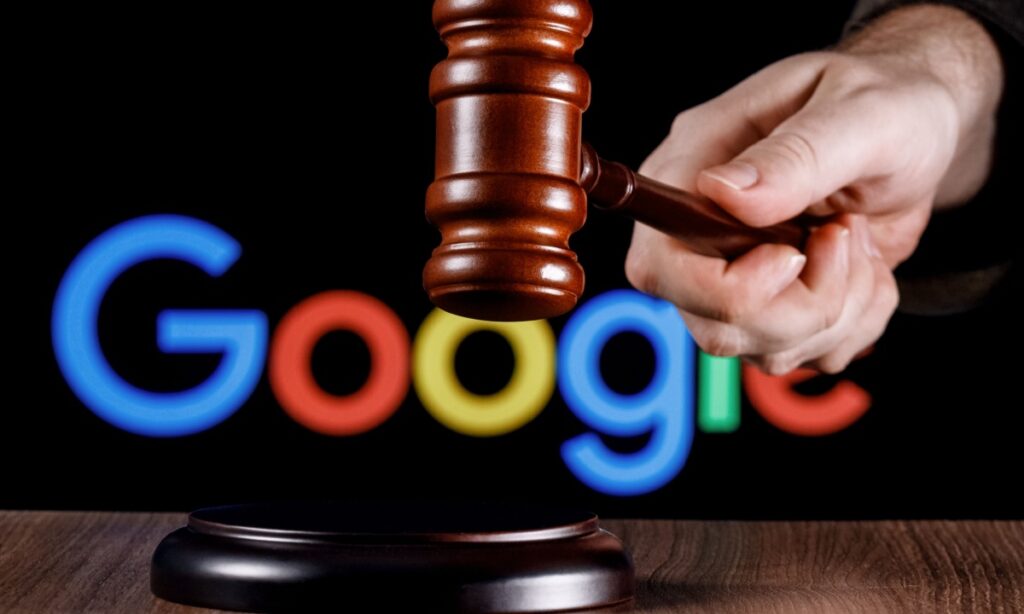
A federal judge in San Francisco has delayed a court order forcing Google to introduce more competition to its Android app store. The delay will continue until the appeals court rules on the legal complexities of the jury verdict that found Google an illegal monopoly, the Associated Press reported.
The decision, handed down Friday by U.S. District Judge James Donato, follows an earlier ruling that required Google to make significant changes to the Play Store starting November 1. These changes were intended to open up the platform to rivals, including giving competitors access to the platform. Over 2 million apps are available on the Android Play Store.
But Google sought to delay Donato’s order while the Ninth Circuit Court of Appeals reviews the case based on the December 2023 ruling. The jury found that Google’s Play Store is monopolistic, stifling innovation and inflating consumer costs. Following Friday’s delay, Google expressed relief and said the suspension will allow it to further advocate for protecting the safety and user experience of the Play Store, according to an update from the Associated Press.
At Friday’s hearing, Judge Donato rejected Google’s argument that it might succeed in overturning the antitrust ruling, citing extensive evidence of Google’s anticompetitive conduct. “The verdict in this case was well supported by a mountain of evidence,” Donato said. Although he was skeptical, he acknowledged that the Court of Appeal should be given time to evaluate the issue.
Google’s appeal is rooted in concerns about the complexity of implementing the required changes. The tech giant characterized the transition as a “huge undertaking” that poses potential risks to the security of the Android ecosystem, and argued that an overhaul could incur significant costs. But Judge Donato largely dismissed these concerns during the proceedings.
Read more: Google challenges antitrust ruling. CEO Sundar Pichai hints at prolonged legal battle
As part of the mandated changes, Google will have to allow rival app stores and alternative distribution methods for Android apps, which could significantly change its current control over the Play Store. Donato said the appeals court could extend the delay further, but that would be up to the Ninth Circuit.
The timeline for the appeals court’s decision is unclear, and given the complexity of the case, it could take more than a year. A similar situation occurred in 2021, when the Ninth Circuit delayed ruling on another antitrust lawsuit brought by video game company Epic Games, this time against Apple. Although Apple managed to avoid being labeled an illegal monopoly, it was ordered to allow links to alternative payment systems within its apps, a provision Apple resisted delaying. The delay allowed Apple to maintain exclusive control of the payment system, which earns commissions of 15 to 30 percent on certain app transactions.
In Google’s case, the company argues that the remedies proposed by the Donato ruling could jeopardize the integrity of the Play Store. “These remedies threaten Google Play’s ability to provide a safe and secure experience for the benefit of millions of users, developers, and partners across the United States,” the company said in a statement. It added that it looked forward to defending its position.
Source: Associated Press


